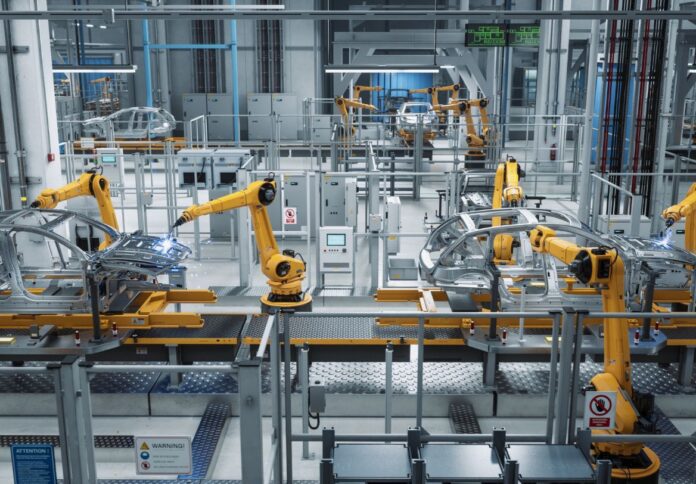
The global manufacturing sector has remained in recession as July saw output fall even more amid the drop in new order intakes, which continued for the thirteenth month in a row, according to the latest Purchasing Manager’s Index (PMI) report from JP Morgan.
The analysis – co-produced with S&P Global in association with ISM and IFPSM – held steady at 48.7 in July, staying below the critical 50.0 no-change mark for the eleventh month.
Several factors contributed to the global manufacturing slowdown, including weak new order intakes, decreasing international trade flows, and a stock correction in reaction to the weak demand environment.
Since July 2022, the number of new jobs placed has decreased each month, with the most recent downturn being the sharpest in six months.
The most significant drag on output was a sharp drop in activity in the eurozone, where output shrank to its lowest level since the peak of the worldwide pandemic in April 2020.
Austria, Germany, and Italy performed very poorly, and there were signs of weakness brewing in Asia. Output also fell in Japan, mainland China, South Korea, Taiwan, Vietnam, and Malaysia.
Lower new order inflows were seen in the US, the euro area, Japan, and China, among the major industrial areas represented by the analysis. The eurozone’s fall was extremely severe, being the second-fastest since May 2020.
For the seventeenth month in a row, new export business decreased, with the rate of contraction being the fastest in years.
Only seven of the 27 countries with export PMI data, including Canada, India, Mexico, the Philippines, Indonesia, Greece, and South Korea, saw rises, while the eurozone’s fall was especially severe among the bigger states.
Raw material and finished goods inventories were reduced, with some businesses reporting that they were over-stocked compared to current demand demands.
Bennett Parrish, global economist at JP Morgan, said the July PMIs show that global manufacturing is losing momentum, adding that last month, output and new orders fell further, weighed down by acute weakness in the Eurozone and signs of a Chinese slowdown.
“Near-term forward-looking indicators also headed lower, most notably the finished goods orders-to-inventory ratio, which fell further below 1.0 from an already contractionary reading,” Parrish said.
He added, “The weak environment is softening inflationary pressures, however, with input and output prices remaining below the 50 mark.”
Other factors pointed to the possibility of the decline continuing in the following months. Backlogs of work reduced once further, although the new orders-to-inventory ratio remained at a contractionary level.
Nonetheless, manufacturers’ confidence in the next year has increased marginally, while manufacturing employment increased in July after being constant in the previous two months.




















